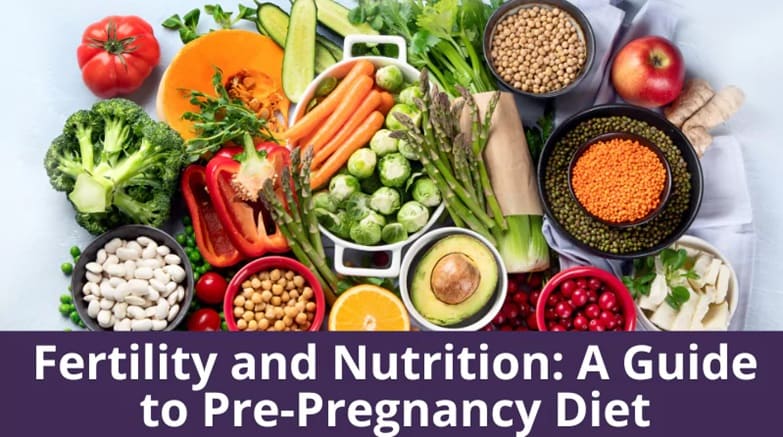What Foods Should You Eat to Get Pregnant?
Food and love have been bedfellows for centuries. But can what you eat affect your ability to conceive? Ages before there was much understanding about the chemical or nutritional content of food, folks were making connections between food and fertility, attributing such qualities as shape (e.g. foods in the shape of sexual organs such as onions, oysters and figs) or the food’s ability to make your temperature rise (e.g. chili peppers or curry) to increased potency or fertility. But can your diet really affect your ability to conceive?
Be careful with being too strict with your diets
Yes, both positively and negatively. Overly strict dieting that results in severe weight loss can disrupt ovulation in women or reduce sperm formation in men. Too much eating resulting in obesity may also negatively affect fertility. Scientific evidence supports only one specific food that may enhance fertility, and that’s the oyster. The reason is not due to any magical powers, but rather to its abundant amount of zinc. Adequate zinc is critical for maintaining optimum semen volume and blood testosterone levels in men. Researchers at King Saud University in Saudi Arabia have found supplemental vitamin E to dramatically improve sperm mobility and viability. Researchers at the University of Wisconsin suggest that consuming 1,000 mg. of calcium and 10 mcg. of vitamin D each day may improve men’s fertility.
On the other hand, for women, even small amounts of alcohol may interfere with fertility. Drinking alcohol in any amount reduced conception by up to 50 percent. for women, but may increase sperm motility in men if drunk before making love, so make yours decaf and his espresso. For men and women to optimize their chance of conception, a nutrient-packed diet that supports a healthy weight along with a multivitamin supplement with 100 percent of the recommended daily intakes is best. Men should be sure to get adequate zinc and vitamin E.
